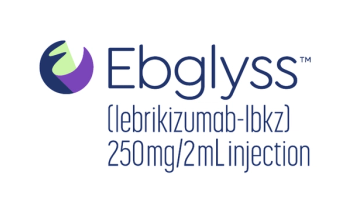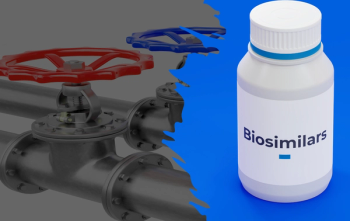
- MHE December 2022
- Volume 32
- Issue 12
Beyond the Big Three and How We Got Here
This isn’t the first time pharmacy benefit managers (PBMs) have been ensnared in controversy. PBMs were first created in the 1960s to help insurance companies manage and administer claims for prescription drugs. Over time, they took on the roles of claims adjudication, rebate negotiation and benefit design.
This isn’t the first time pharmacy benefit managers (PBMs) have been ensnared in controversy. PBMs were first created in the 1960s to help insurance companies manage and administer claims for prescription drugs. Over time, they took on the roles of claims adjudication, rebate negotiation and benefit design.
In the early 1990s, Merck became the first pharmaceutical company to acquire a PBM, Medco, which then was the largest PBM. This was quickly followed by SmithKline Beecham’s acquisition of Diversified Pharmaceutical Services (DPS) and Eli Lilly and Company’s acquisition of PCS Health Systems Inc. But these acquisitions faced significant scrutiny — and a Federal Trade Commission (FTC) investigation — about the conflicts of interest and the possibility of the pharmaceutical companies using the PBMs as distribution channels. As a result of the FTC investigation, Merck Medco was required to have an open formulary and an independent pharmacy and therapeutics committee. Merck spun out the PBM as a separate company and held on to Medco for another decade. Medco was eventually acquired by Express Scripts in 2012. SmithKline Beecham and Eli Lilly gave up on the PBM business before 2000. Express Scripts acquired DPS, and Rite Aid Corp. acquired PCS.
Related:
The trend toward the current form of vertical integration and the dominance of the big three insurers began in late 2006 when CVS announced it was buying Caremark Rx. CVS kept on growing through acquisitions: Longs Drugs, MinuteClinic, the specialty infusion group Coram, and Omnicare, which provided pharmacy services to long-term care facilities. The spree culminated in 2018, with the acquisition of Aetna.
UnitedHealth created Optum in 2011 as a health and pharmacy services subsidiary out of existing business. Optum Rx, the PBM, has ballooned through acquisitions, including the 2015 purchase of Catamaran and 2019 purchase of Diplomat, a specialty pharmacy and infusion services business.
Cigna acquired Express Scripts in 2018, and Express Scripts and Prime Therapeutics entered a three-year collaboration in 2019. This year, Centene Corp. acquired Magellan Health Inc., which operates a PBM.
Articles in this issue
about 3 years ago
Some of the Up-and-Coming PBMsabout 3 years ago
Beyond the Big Three PBMsabout 3 years ago
NCI Study Analyzes the Harms From Cancer Screeningabout 3 years ago
Keeping a Watch Out — and on — for A-Fibabout 3 years ago
Mark Cuban’s Low-Cost Pharmacy is Making Deals with PayersNewsletter
Get the latest industry news, event updates, and more from Managed healthcare Executive.























